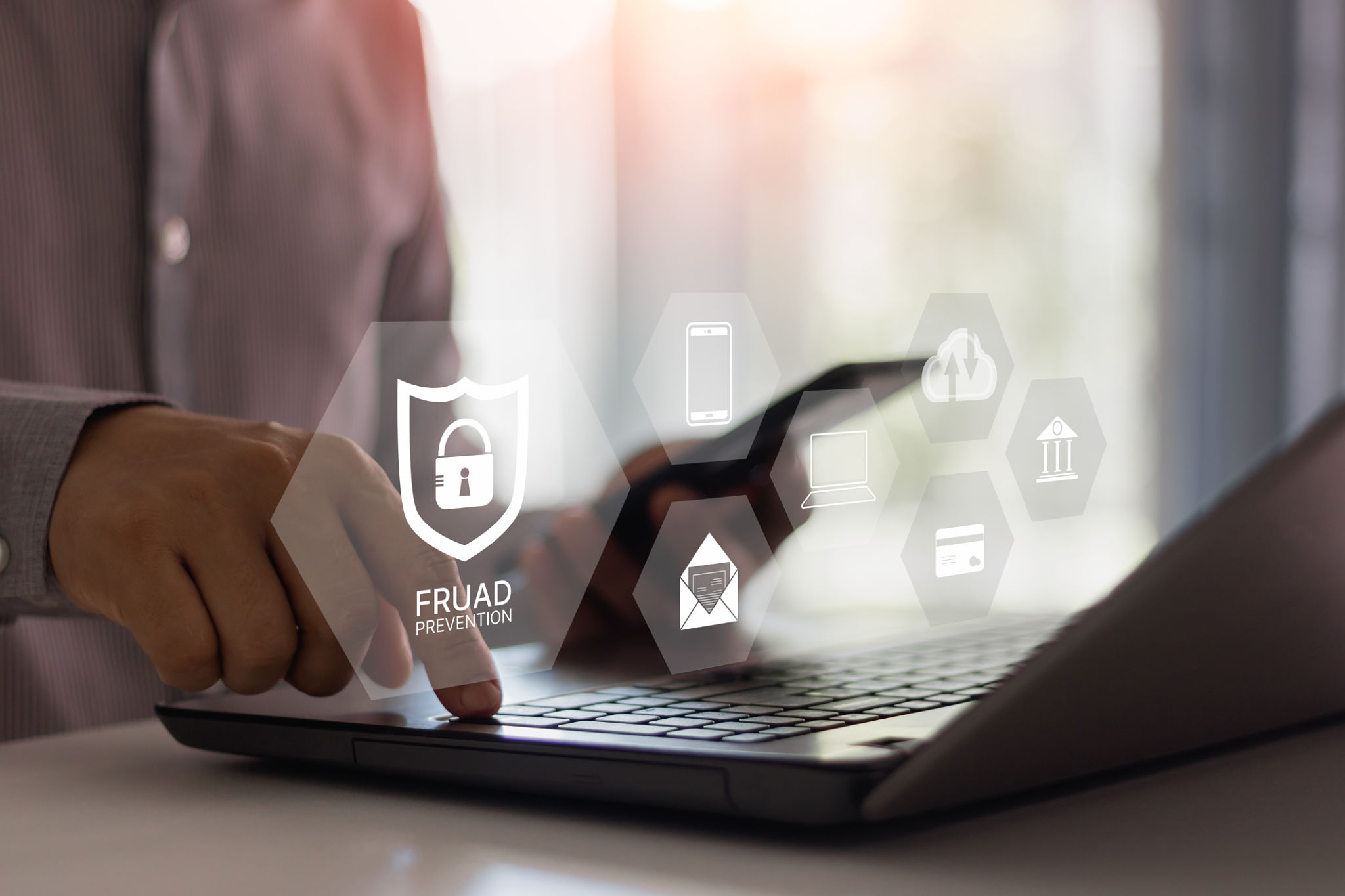Secure Payment Gateways for Small Businesses: Protecting Your Transactions
Understanding Secure Payment Gateways
In the bustling world of small businesses, ensuring secure transactions is paramount. A payment gateway acts as a bridge between your business and your customers, facilitating smooth and secure online transactions. But what exactly makes a payment gateway secure? This blog delves into the essential features small businesses should look for when choosing a payment gateway to protect their transactions.

The Importance of Encryption
Encryption is the cornerstone of secure payment gateways. It ensures that sensitive customer information, such as credit card details, is converted into a code that can only be deciphered by authorized parties. This process not only protects against data breaches but also instills trust among your customers. When selecting a payment gateway, prioritize those that offer robust encryption protocols.
SSL Certificates
Secure Sockets Layer (SSL) certificates are another critical component. They create a secure link between a web server and a browser, ensuring that all data passed between the two remains private. This layer of security is particularly important for e-commerce websites where financial transactions occur. Small businesses should ensure their payment gateways provide SSL certification to safeguard customer data.

Compliance with Industry Standards
Compliance with industry standards such as the Payment Card Industry Data Security Standard (PCI DSS) is non-negotiable for secure payment gateways. These standards are designed to protect cardholder data and ensure that businesses process payments securely. Selecting a PCI DSS-compliant gateway demonstrates your commitment to data security and helps avoid potential fines or legal issues.
Two-Factor Authentication
Enhancing security measures with two-factor authentication (2FA) adds an extra layer of protection. By requiring an additional verification step, such as a code sent to a user's mobile device, 2FA reduces the risk of unauthorized access and enhances overall transaction security. Many modern payment gateways offer this feature to bolster security.

Fraud Detection and Prevention
Fraudulent transactions can severely impact small businesses, both financially and reputationally. Therefore, choosing a payment gateway with advanced fraud detection and prevention tools is crucial. These tools often include real-time monitoring, automated alerts for suspicious activity, and machine learning algorithms that adapt to evolving threats.
Chargeback Management
Chargebacks occur when customers dispute transactions, leading to potential financial losses for merchants. Effective chargeback management tools provided by payment gateways help small businesses efficiently handle disputes. These tools often include detailed transaction records and easy-to-use interfaces to resolve issues promptly.

User Experience and Integration
Finally, consider the overall user experience and integration capabilities of your payment gateway. A seamless and intuitive checkout process not only improves customer satisfaction but can also increase conversion rates. Additionally, ensure the gateway easily integrates with your existing e-commerce platforms or point-of-sale systems for a streamlined operation.
In conclusion, selecting a secure payment gateway involves evaluating various features such as encryption, compliance, fraud prevention, and user experience. By prioritizing these aspects, small businesses can protect their transactions, build customer trust, and ultimately thrive in the competitive digital marketplace.